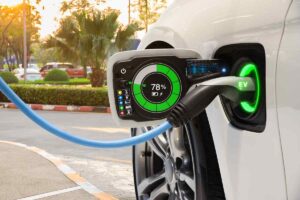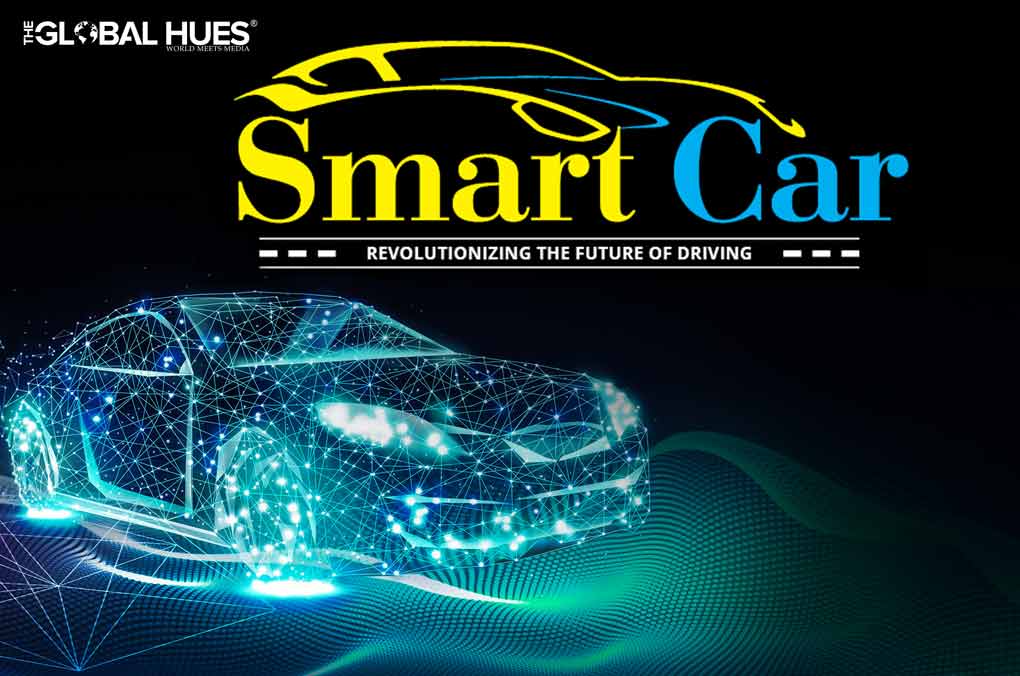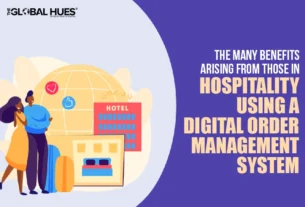Science and Technology is developing at a high rate and it has drastically changed the way people perform their daily chores or maintain communication. This development in technology has changed the way we perform any tasks using the internet, be it shopping or food or education. In this era where the Internet is being used for nearly everything, why does transport go untouched? This new byproduct of Science and Technology is called smart cars technology.
Dive in to know more about the technology that is highly likely to become the norm of the future.
SMART CARS AND CONNECTED CARS

While a part of the world is still tangled in drivers and passengers, the other part of the world has eliminated this hassle and has opted for smart cars along with connectivity. A connected car is a car that is connected to the Internet through wireless local area networks. Such vehicles can also share the Internet with devices inside and outside the car and can also share data as per your use.
The smart car is a car with Built-in Internet connectivity. It can connect to the internet, thanks to an inbuilt cellular modem, a small piece of hardware that equips the car with 3G/ 5G or 4G Internet access.
WORKING OF SMART CARS
The smart car uses an API (Application Programming Interface) for connected cars. The smart car platform is a set of API that allows connected cars to communicate with each other.
API is a set of computer programs that allow the software to talk to each other. But before smart cars can communicate through connected cars, there is a whole process that takes place and carries out the connection.
First of all, the user links their car to an app and then logs in with their car’s brand-connected services account.
Secondly, the user is allowed to share information, for example, vehicle model, vehicle number, location, etc and after providing such information the user has to click allow and the car is then linked to the app.
Now that the customer has linked their vehicle, the app sends an API request to Smartcar and asks for the car’s mileage.
When the Smartcar API receives this request, it asks the vehicle’s modem for its odometer reading. It then takes the response and sends it back to the app.
To explain further how smart cars work and make users’ lives easy, Auto insurance companies verify their customers’ mileage.
Road usage charges vehicle owners a per-mile fee as a replacement for the gas tax.
Peer-to-peer car-sharing businesses let vehicle owners share a digital car key with renters for instant, and contactless rentals.
Electric vehicle charging companies let electric vehicle owners monitor their car’s battery level and estimated charging time.
Energy and utility companies allow electricity consumers to manage and charge their electric vehicles right from their phones.
Fleet management software companies allow fleet managers to see the location, mileage, tire pressure, and fuel tank level of all vehicles in their fleet.
On-demand car wash companies let vehicle owners share a digital car key with service technicians for interior detailing.
In-car delivery companies allow vehicle owners to get groceries, packages, and even their dry cleaning gets delivered directly into their cars.
Benefits of Smart Cars
-
COST-EFFECTIVE TECHNOLOGY
Smart cars come with fuel-saving technologies with alternatives such as electric power. As the price of petrol rises continuously, people who have a smart car are actually paying less compared to traditional car users. Over time, smart cars might be cheaper to own than traditional cars.
-
EASY TO MANAGE
Smart cars have the latest technologies, making them less time-consuming and always in the best working order possible. This means that they are less likely to break and their maintenance and repair schedules are more predictable and manageable. While some of the older models had battery-related problems, most modern options no longer have these issues, and most users find their cars run smoothly for many years with only the most routine maintenance.
-
EASIER PARKING
Smart cars take up less space making it easier to park on streets or even in a parking lot. This can help the user to drive in urban areas, making it easier to get around easily. In addition, the newer generation steering capabilities make parallel parking much easier than traditional cars.
-
IDEAL FOR CITY LIFE
Smart cars are ideal for life in the city. Being small in size, with an in-built navigation system, offering you a smooth ride on expressways and that too with less usage of petrol. Moreover, the safety features of a smart car make the user’s life easy and sorted thus making it ideal to be used in metro cities.
SMART CARS AND INDIA
The major reason that led to the growth of the market of Smart cars is the connected feature attached to the vehicles that allow users to perform multiple tasks without any fuss.
Lately, the number of Indians using smartphones has increased rapidly and when introduced to smart cars with connectivity, they prefer buying a Connected Vehicle. There has been a notable gain in the sales of the Connected Cars in the last 10-12 months. And with such anticipated users, the future of smart cars in India seems bright apart from some technical issues regarding hacking of the user’s information and misuse that can affect the customer’s interest.
There has been some major collaboration between large companies regarding the connected cars market. BSNL has tied up with Tata Motors to make their range of Internet-Connected vehicles.
Tata Motors has launched the ZConnect app for the Nexon EV offering 35 different features.
MG Motor India has teamed up with IT giant Cognizant to deliver a smooth experience for its Hector SUV customers.
SUMMING UP
The connected cars are convulsing the traditional automobile industry. With more and more smart vehicles being launched, buyers are more attracted towards it and prefer to buy connected cars. In the upcoming years, connected cars will be the mainstream vehicle, and this revolution will also enhance safety and reduce accidents. The next-gen connectivity will improve the smart car’s technology, and connected vehicles will be even smarter and easier to use.




